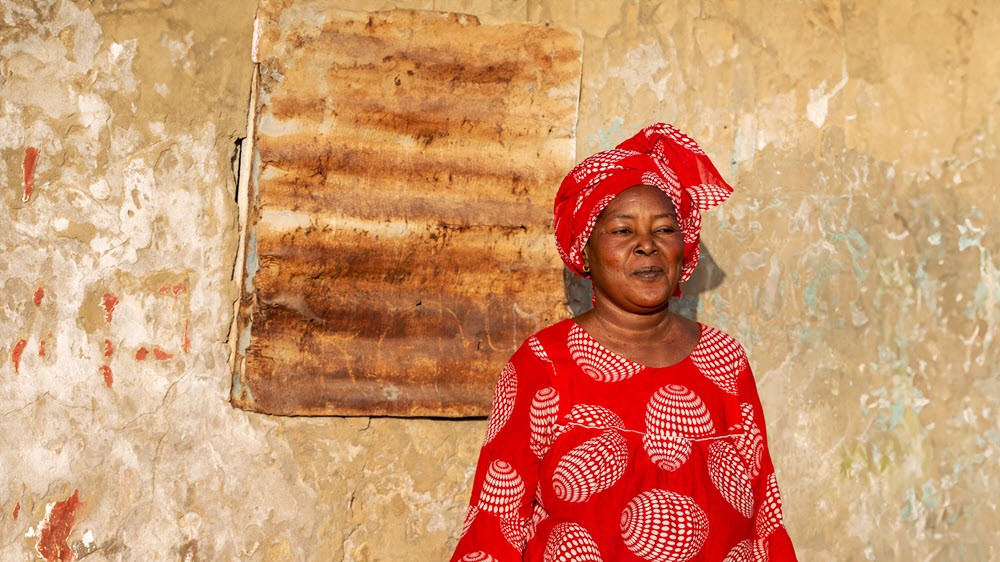Facing our impact
Minimizing the use of plastic derived from fossil fuels is a priority for Novo Nordisk – and a significant challenge given the rapid growth in demand for our medical injection devices. As the number of patients, we serve continues to grow, the demand will increase unless we take decisive action.
We aim for a 30% reduction in plastic use per patient within diabetes and obesity by 2033 compared to 2024. This involves shifting to reusable injection pens, using less plastic in pens, and developing medicines with less frequent administration.
To reach our target and to tackle the plastic challenge, we are employing a threefold ‘reduce-change-avoid’ approach. This includes reducing overall plastic consumption by converting to reusable devices, changing to the use of non-virgin-fossil plastics in our device production, and harnessing recycling to avoid plastic ending up in landfills.
Our circular design framework is embedded into our product development. When we design products, we focus on optimising the lifetime of the product. We prioritize materials with less environmental impact, while recycling what we can to minimize production waste.
All medical injection pen projects are measured and evaluated on four circularity KPIs: carbon footprint, plastic footprint, non-virgin-fossil plastic content and recyclability.
We are exploring more sustainable ways to produce plastic, with an aim to change our plastic use from conventional to non-virgin-fossil plastic. In partnership with companies like The LEGO Group and European Energy, we’re exploring innovative, lower-carbon alternatives to conventional plastic, such as plastics based on e-methanol made from renewable energy, water, and biogenic CO₂.
